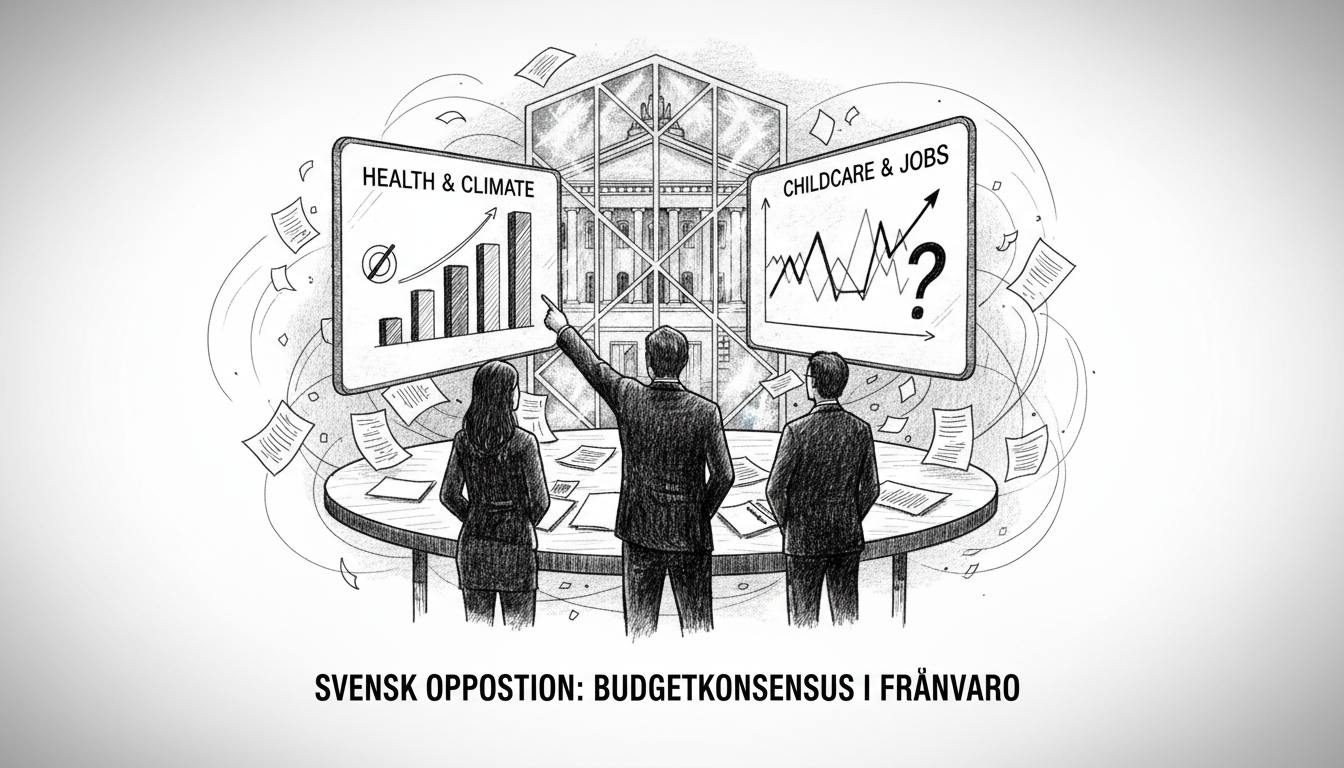Sweden's four opposition parties have revealed their alternative budgets for 2026. They presented their proposals one year before the next general election. All parties want different climate policies than the current government. They also plan to spend more on healthcare and schools. Increased infrastructure funding and higher foreign aid appear in all four budgets.
Major conflicts emerge between the parties. The Centre Party's proposals often directly oppose policies from the Social Democrats, Left Party, and Green Party. Three parties want to raise child benefits next year. They also seek to strengthen unemployment insurance funds. The Centre Party takes the opposite position. It wants to save billions on unemployment insurance. The party also proposes reducing child benefits for second and subsequent children.
Political observers note these differences could cause budget negotiations to fail. The Centre Party rejects the government's proposal to lower preschool maximum fees. This creates another clear division with their potential allies. Why do these conflicts matter? They show how difficult forming a coalition government might become after the election. The opposition parties agree on spending more money but disagree completely on where that money should go.

